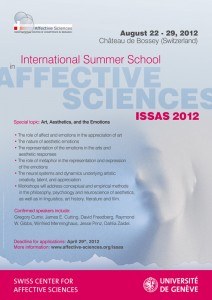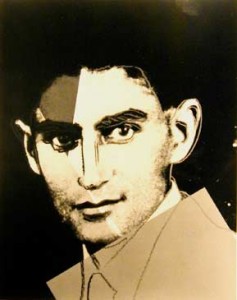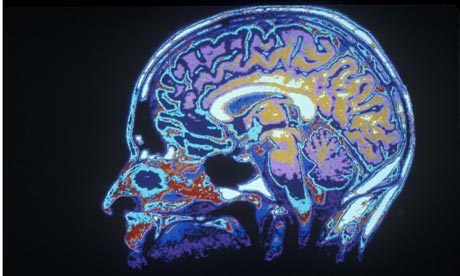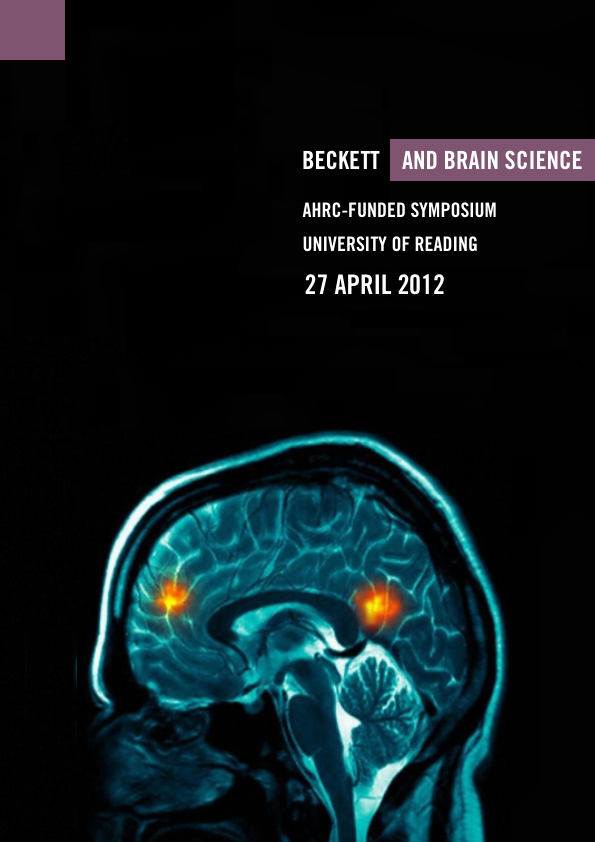Science and Literature: the Great Divide?
Call for Papers
Deadline: Sunday 1st July 2012
Contributions are now invited for the 2012 edition of the MHRA Working Papers in the Humanities, an international, refereed online journal, aimed at postgraduate and early-career researchers.
There have been plenty of days when I have spent the working hours with scientists and then gone off at night with some literary colleagues [...] I got occupied with the problem of what, long before I put it on paper, I christened to myself as the ‘two cultures’. For constantly I felt I was moving among two groups – comparable in intelligence, identical in race, not grossly different in social origin, earning about the same incomes, who had almost ceased to communicate at all [...] By and large this is a problem of the entire West. (C.P. Snow)
C.P. Snow’s infamous ‘Two Cultures’ lecture of 1959, and the heated public exchange with literary critic F.R. Leavis that ensued, highlight the great academic tension of our age: that sometimes tacit, sometimes openly explosive disjunction which exists between the arts and humanities on the one hand, and the natural sciences on the other (with the social sciences often caught in the cross-fire). Read the rest of this entry »







 AHRC-funded Symposium
AHRC-funded Symposium